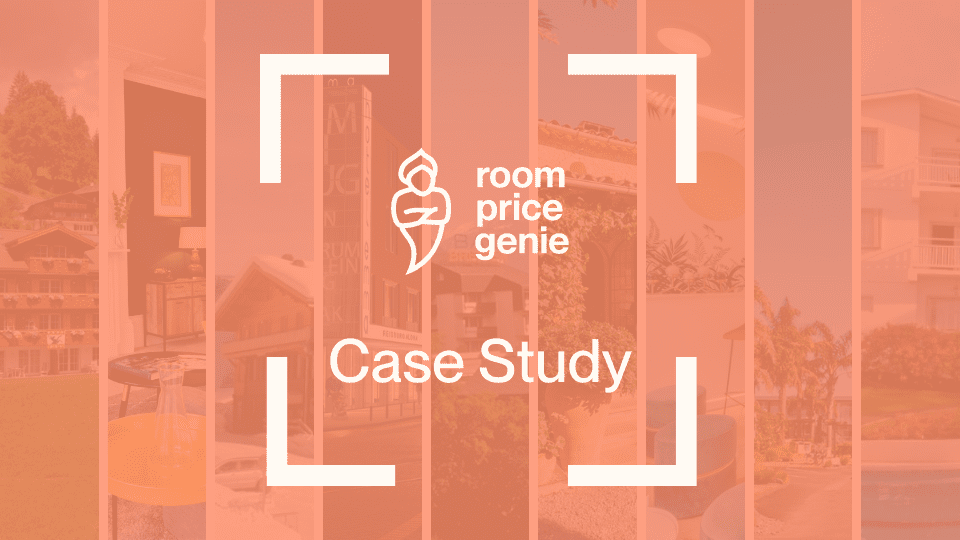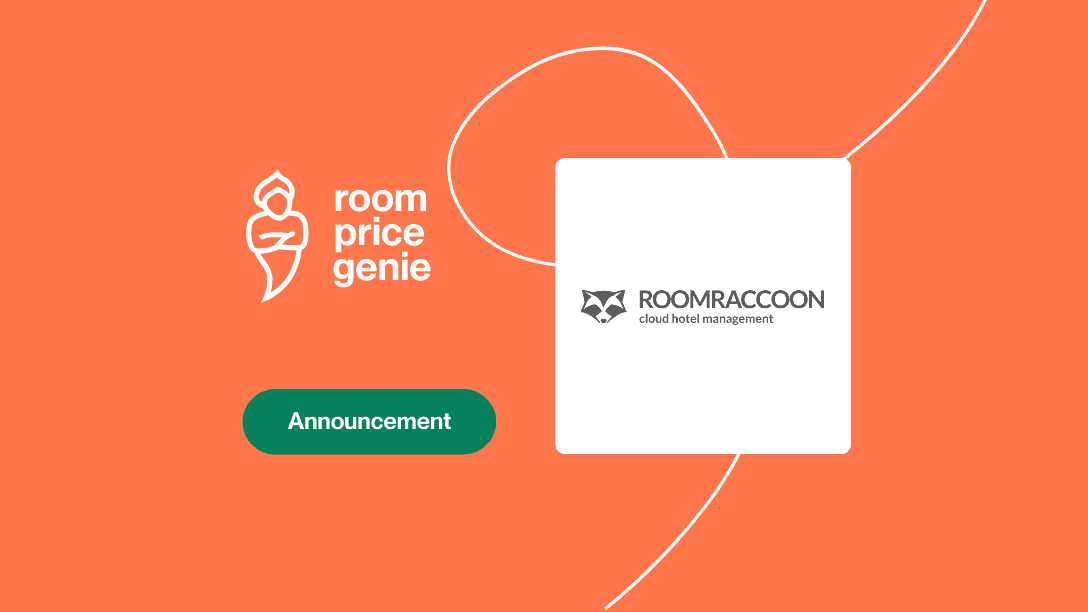What is revenue management?
Pioneered by the airline industry in the early 1980s, revenue management is a way of pricing and marketing products that are perishable; in other words, if you don’t sell it tonight, you can’t sell it tomorrow. Revenue management is the process of achieving full financial value for what you offer, but also with an eye to the longer term.
The idea of revenue management for hotels can be broadly defined as selling the right product, at the right price, to the right person and at the right time. This is easier said than done, though.
These are the basics you need to know about as a smaller hotel:
1. Forecasting Demand
Forecasting demand usually means looking at past data and closely monitoring current trends in order to make a ‘prediction’ of how many people would want to come to your hotel. In order to do this, we can use trends from previous years, internal indicators such as new bookings and cancellations, as well as competitor’s prices in the area and of course, knowledge of local events.
For example, what if on a given day there is a big concert in your area, better than expected weather, maybe a cup final? These factors, and others, can all impact demand for your hotel rooms. As a hotelier, if you are aware of when demand will be high or low early enough, you will be able to change your prices or marketing efforts to compensate.
Demand is, of course, dependent upon price. If you are charging $100 you should have higher demand than if you were charging $150 for the same night. Demand can be thought of as a curve that is downward sloping – the higher the price, the lower the demand.
2. Price optimization
You need to look at how many rooms you have left to sell. Lower price will attract a higher number of guests. So the price you charge to fill those 15 rooms will need to be more attractive. On the other hand, if you only need one more guest, you can afford to seek out the more profitable bookers by charging a higher rate.
3. Segmentation
Segmentation can get complicated but is very important when setting your hotel rates and cancellation terms. The basic idea is to divide customers into segments primarily by how much they are prepared to pay and how much they spend while at the hotel.
For example, airlines can do this by offering discount fares a long time in advance. People who are more price sensitive will book these early. People with a higher budget might value the flexibility to book later.
As a hotel, if you were making a deal with a pensioner coach tour company you might guess that they are price sensitive. This is to say that a $5 difference in price could be the difference between them choosing you and the hotel next door. But if you know you are not going to fill up on that night, and you’re not trying hard to present your hotel as a cool place for Millenials, you may want to offer them a lower rate anyway. Alternatively, if a corporate business person turned up at 10pm asking the rate, you may be better off quoting the full rate. Certainly, she would be prepared to pay for it and worse, if it is too cheap, she may infer the room is of a lower quality and not book.
So it is really important to have rates in place that not only will be tempting for each of your segments but also will have value to it. At the same time, you certainly don’t want to gamble with your reputation.
4. Rate disparity
Rate parity agreements are contracts put in place by the online travel agents (OTAs) stating that you should not be cheaper elsewhere. In some countries these are not enforceable but a hotel that violates this principle can still be punished by receiving a lower ranking on the OTA.
If your rates are different on each channel, including your hotel website, then you will be in violation of the rate parity agreements.
Lower rates can, however, be offered behind login screens or with special codes – and the decision of who gets how much discount should be worked out with long-term revenue in mind.
Special offers and pricing could be offered to build customer loyalty or to make the price just competitive enough to win business from another client. So, segmentation is still possible even within rate parity agreements as long as it is done right.
5. Additional sales basics
Cross-selling
Revenue management is also used to optimize the sale of more products and services. Cross-selling by encouraging additional in-house spending is one way to do this. When you already have your guests on board, do you offer additional options they can book there and then, maybe at a discounted price?
Offering a discounted dinner package, for example, is a powerful way of keeping people in your hotel restaurant rather than going elsewhere.
Upselling
Upselling is providing your guests with the opportunity to upgrade their current package. For example, you offer a Deluxe room at a discount to a guest who just booked your Standard.
Working out customer preferences from previous stays could be important in both, your cross and upselling strategies. You can then offer guests a range of products that suit them, either when booking or on arrival. For example, meals, spa experiences, local attractions, golf days. This is more important for larger hotels with more of a range of offerings, but can also be used for smaller hotels. If a couple is booking you could offer sparkling wine in their room on arrival. If you offer body therapies you could sell them before they get there, locking in more income for you as well as having happy customers.
Overbooking
6. Marketing
The more visible you are, the better – more bookings, more revenue! Your Marketing should be a smooth process of review and reputation management, a great hotel website with clear Book Now buttons, optimized content on all of your channels, and, possibly, if you have some extra budget – paid campaigns.
Thinking about this subject, ask yourself some questions:
- How do you promote your hotel?
- New ways to get new clients?
- How to hold on to existing clients?
- How attractive is your Booking.com profile?
By focusing on these questions, you will be well on your way to reaching out to more guests and increasing revenue.
Conclusion
Yes, Revenue Management indeed is a complex subject, but vitally important for every hotelier. The good news is that we, at RoomPriceGenie, have created a solution that simplifies much of it. Get a FREE trial and see how you can make more revenue with less work.







